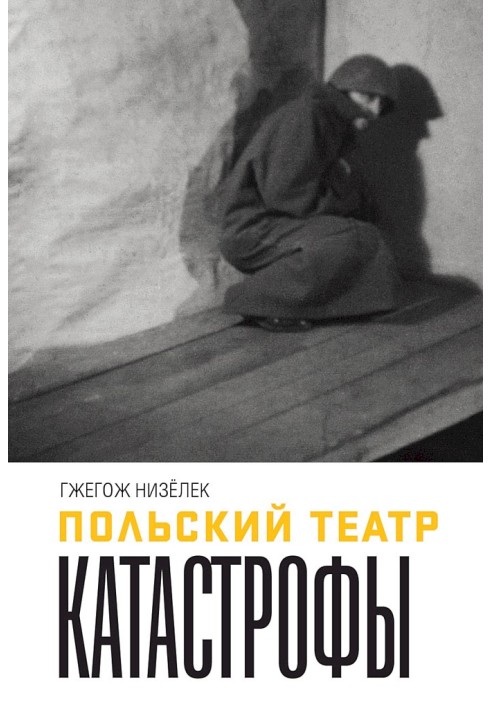Polish Theater of the Holocaust
 Instant download
Instant download
after payment (24/7)
 Wide range of formats
Wide range of formats
(for all gadgets)
 Full book
Full book
(including for Apple and Android)
The tragedy of the Holocaust was an extremely sensitive topic for Poland after World War II. Despite the known facts of Poles helping Jews, the majority of the Polish population, according to the author of this book, took the position of “outside observers” of the Holocaust. Such a shameful experience was difficult to comprehend for contemporaries of the war and their descendants, who more readily thought of themselves in the categories of victims and heroes. The problem was also aggravated by censorship restrictions imposed by the authorities of communist Poland. Grzegorz Niziolek's book is dedicated to the history of the tense relations that connected the theme of the Holocaust and the Polish theater. It examines critically the game that takes place both on stage and beyond - the game of memory and unconsciousness, knowledge and its absence. The author carefully examines the problem of the theater’s “blindness” in relation to the Holocaust, but pays even more attention to examples when playwrights and directors at least covertly touched on this topic. It is the forms of allegorical conversation about the Holocaust, according to the researcher, that underlie the most outstanding phenomena of the Polish post-war theater, including the performances of Leon Schiller, Jerzy Grotowski, Józef Szajna, Erwin Axer, Tadeusz Kantor, Andrzej Wajda and others. Grzegorz Niziolek - head of the department Theater and Drama at the Faculty of Polish Studies of the Jagiellonian University in Krakow.
Data sheet
- Name of the Author
- Гжегож Низёлек
- Language
- Russian
- Translator
- Наталья Ивановна Якубова












